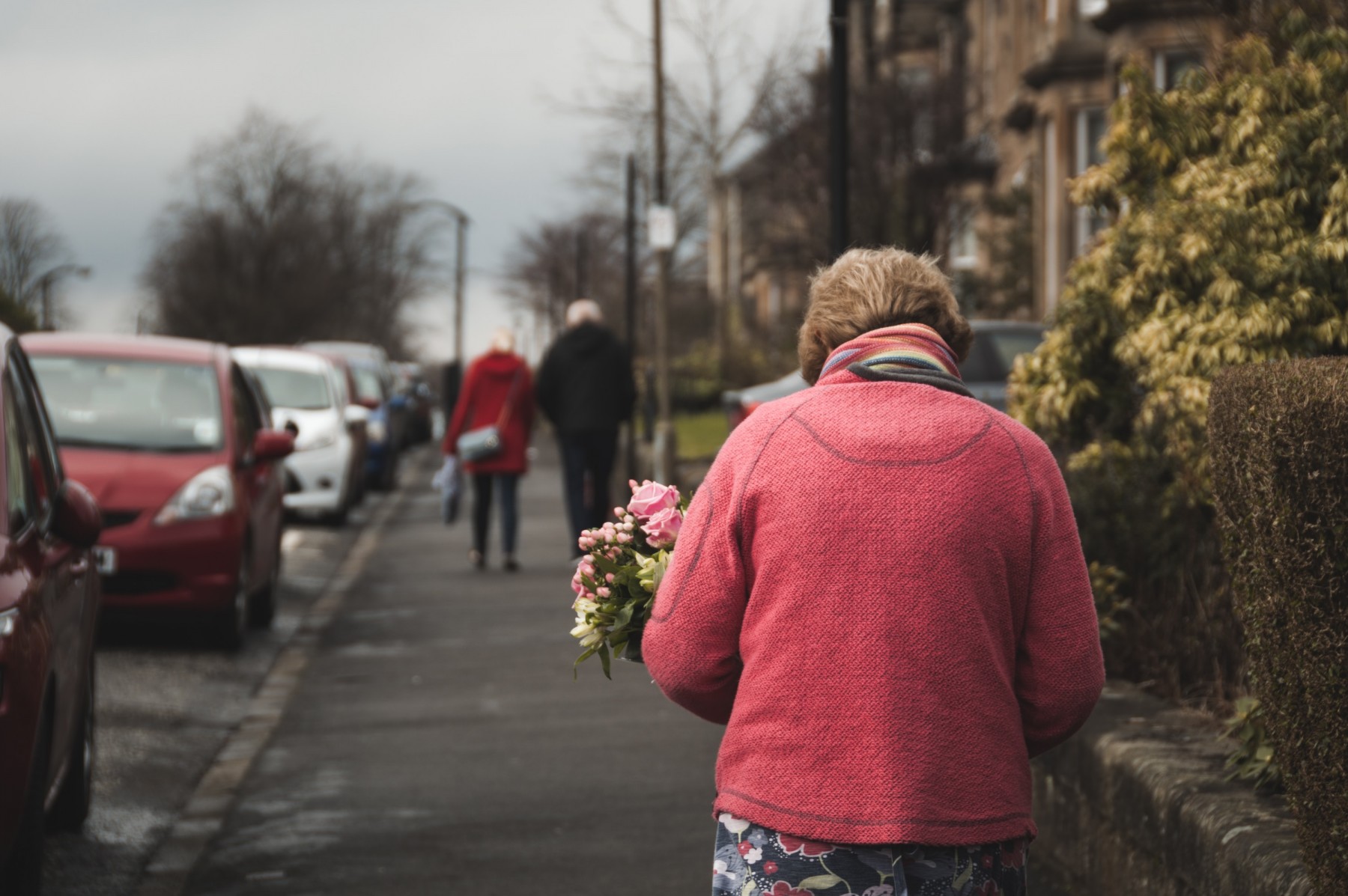Research carried out by the Co-op revealed that for people of all ages, January is the month when they are most likely to experience loneliness. And it’s easy to see why: cold weather, short days and fewer opportunities to get out and meet people. ‘Blue Monday’ is the notorious 3rd Monday in January that is thought to be the most depressing of the year.
Now imagine how that feels for an older person living on their own. They may have been one of the more fortunate ones that had company and attention over Christmas. Then, once the New Year is in, everyone’s back to their normal routine and may be preoccupied with how to pay for the festivities just gone.
It’s easy to assume that we’ve done our bit by popping in to see an elderly relative or neighbour over the holiday period. And these visits are valued. It’s just that it’s hard if this is followed by weeks of seeing nobody.
Loneliness has a major impact on wellbeing, so how can wellbeing be improved in January?
In our care homes we ensure that people are kept occupied all year round with activities and are surrounded by people in a sociable environment. The question is, how this approach can be applied to people who receive care at home. It’s certainly much harder when it relies on busy people being able to find a few hours here and there in a busy life.
The reality is that people in residential care are less likely to experience loneliness and can enjoy better mental wellbeing as a result. There are activities such as puzzles, games, singing and visits arranged. Care homes can also look after other aspects that contribute to wellbeing such as eating a nutritious diet and taking regular exercise.
For many, a care home offers a more sociable environment compared to living at home, which can promote better health and wellbeing – in January and throughout the year.
Contact us at 01305 206 140 or email contact@altogethercare.co.uk for more information about our services and care homes.









